Picture this: you’re strolling down a charming beach town boardwalk, and instead of seeing the usual golden arches and familiar corporate logos, you’re surrounded by unique local eateries with hand-painted signs and menus that change with the seasons. These aren’t just tourist traps trying to look quaint—they’re towns that have deliberately banned chain restaurants to protect their authentic charm.
From the misty coasts of Maine to the sunny shores of California, these beach towns have taken a stand against corporate homogenization. They’ve passed ordinances, fought legal battles, and made deliberate choices to preserve their local character. The result? Dining scenes that reflect the personality of each place.
Here’s a list of 20 beach towns that have banned chain restaurants and chosen to keep their culinary identity intact.
Carmel-by-the-Sea, California
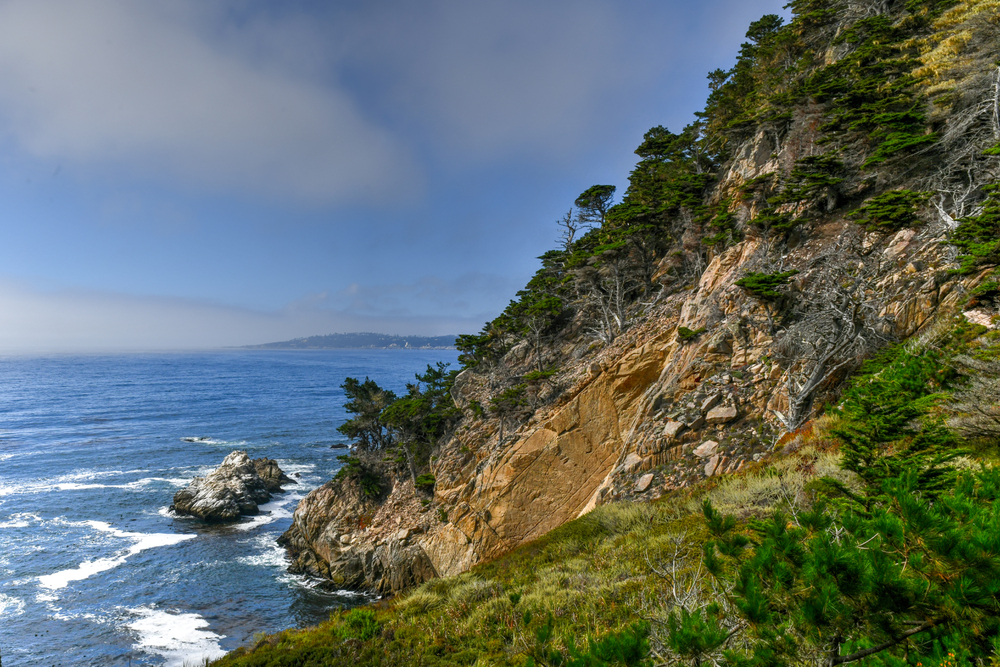
Carmel-by-the-Sea became the first city to enact a formula restaurant ban in the mid-1980s. This fairytale village along California’s Central Coast doesn’t mess around when it comes to preserving its storybook charm. Chain restaurants are banned here, and you won’t find Starbucks or other chains in this seaside town.
The policy has helped maintain Carmel’s reputation as an artist colony where creativity extends from the galleries to the kitchens.
Ogunquit, Maine

In 2006, Ogunquit residents approved an ordinance banning chain restaurants, with 72 percent of voters supporting the measure. This coastal Maine town got serious about protecting its character after rumors spread that a Dunkin’ Donuts was planning to open.
The ordinance defines formula restaurants as establishments with the same name, employee uniforms, color schemes, architectural design, signage, or similar standardized features as another restaurant, regardless of location or ownership.
Like Travel Pug’s content? Follow us on MSN.
York, Maine

York, which is next to Ogunquit, banned formula restaurants by passing a similar ordinance. This southern Maine beach town wanted to maintain its unique character and avoid the corporate creep that has transformed so many coastal communities.
The policy ensures that visitors experience authentic local flavors rather than standardized chain fare.
Martha’s Vineyard, Massachusetts
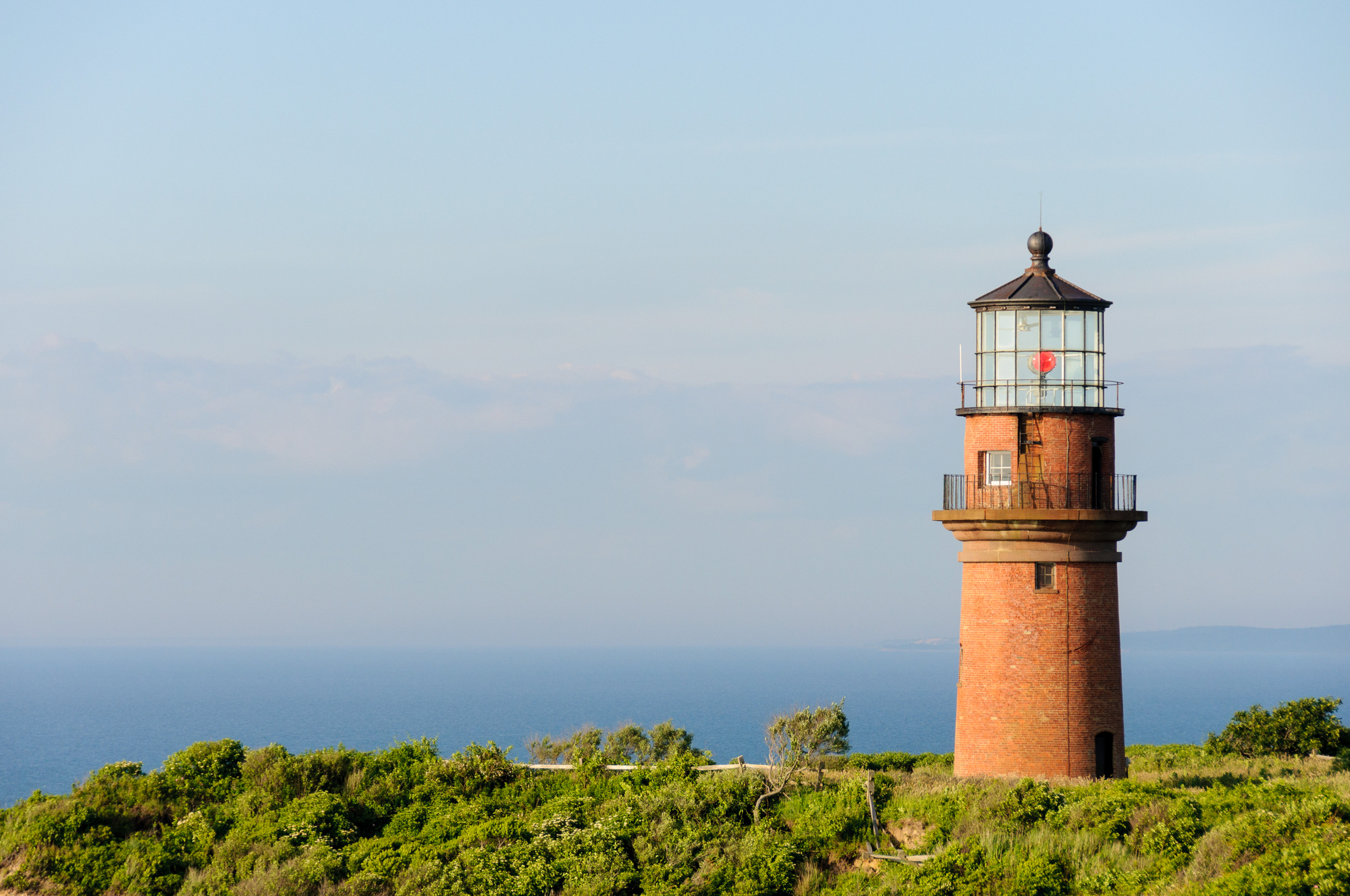
Martha’s Vineyard prides itself on farm-grown, seasonal produce, superb seafood, and almost no chain restaurants, with rare exceptions like a single Dairy Queen. This prestigious island destination has managed to keep corporate chains at bay through a combination of zoning restrictions and community pressure.
The focus remains on local establishments that showcase the island’s agricultural bounty and maritime heritage.
Nantucket, Massachusetts
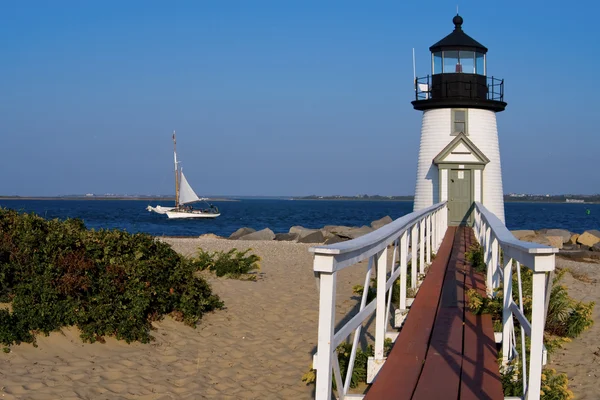
Nantucket feels special with its pristine beaches, gorgeous scenery, and hospitality—most notably without chain stores. This exclusive island maintains its upscale, historic character by avoiding the corporate homogenization that comes with chain restaurants.
The result is a dining scene that feels authentically connected to the island’s whaling heritage and current maritime culture.
Like Travel Pug’s content? Follow us on MSN.
Block Island, Rhode Island
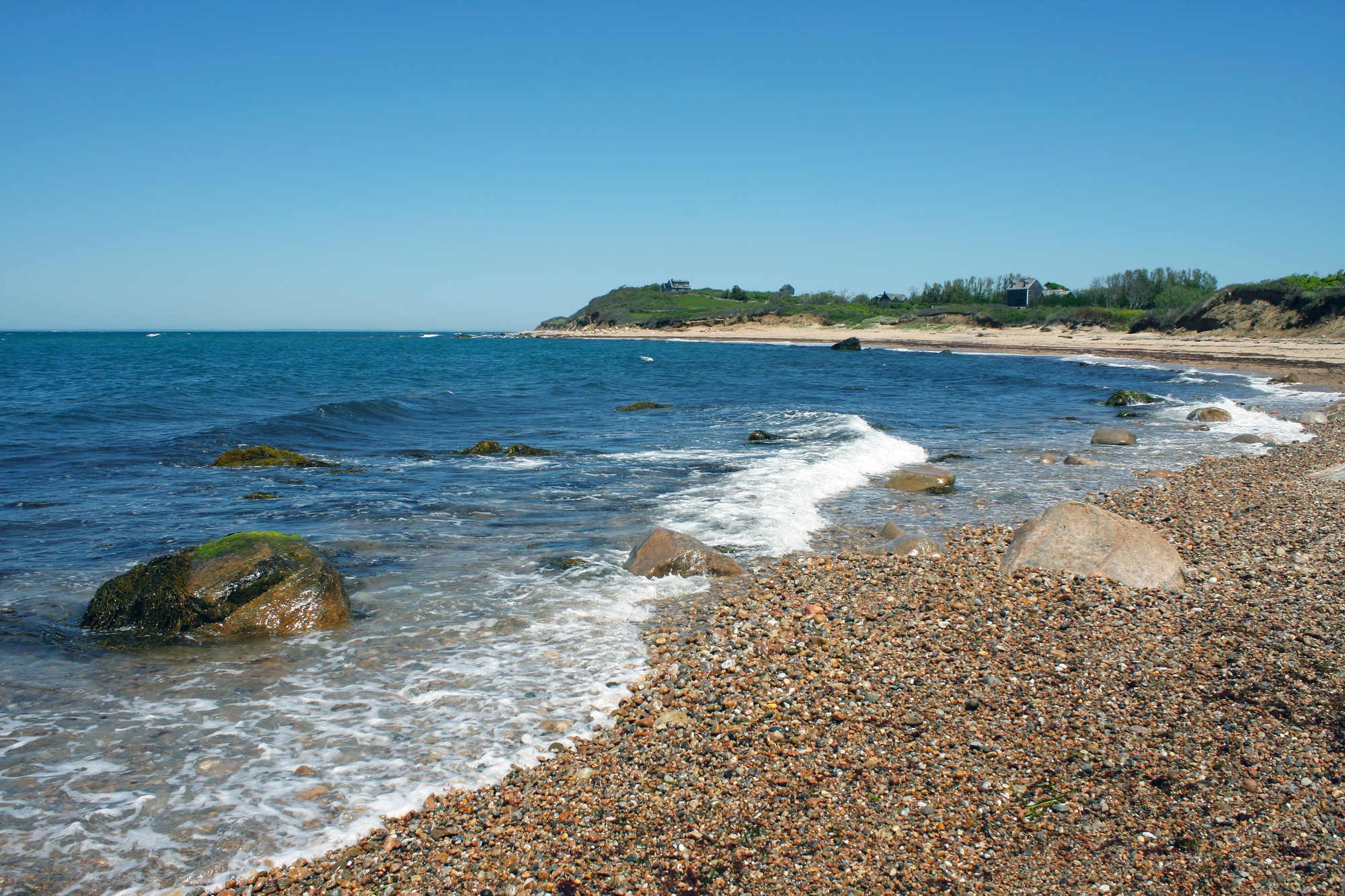
Block Island is known for its pristine character and avoids chain restaurants. This small island off the Rhode Island coast has maintained its quiet, unspoiled character partly by keeping chain establishments away.
The handful of restaurants that do exist are locally owned and operated, giving visitors a genuine taste of island life.
Bristol, Rhode Island
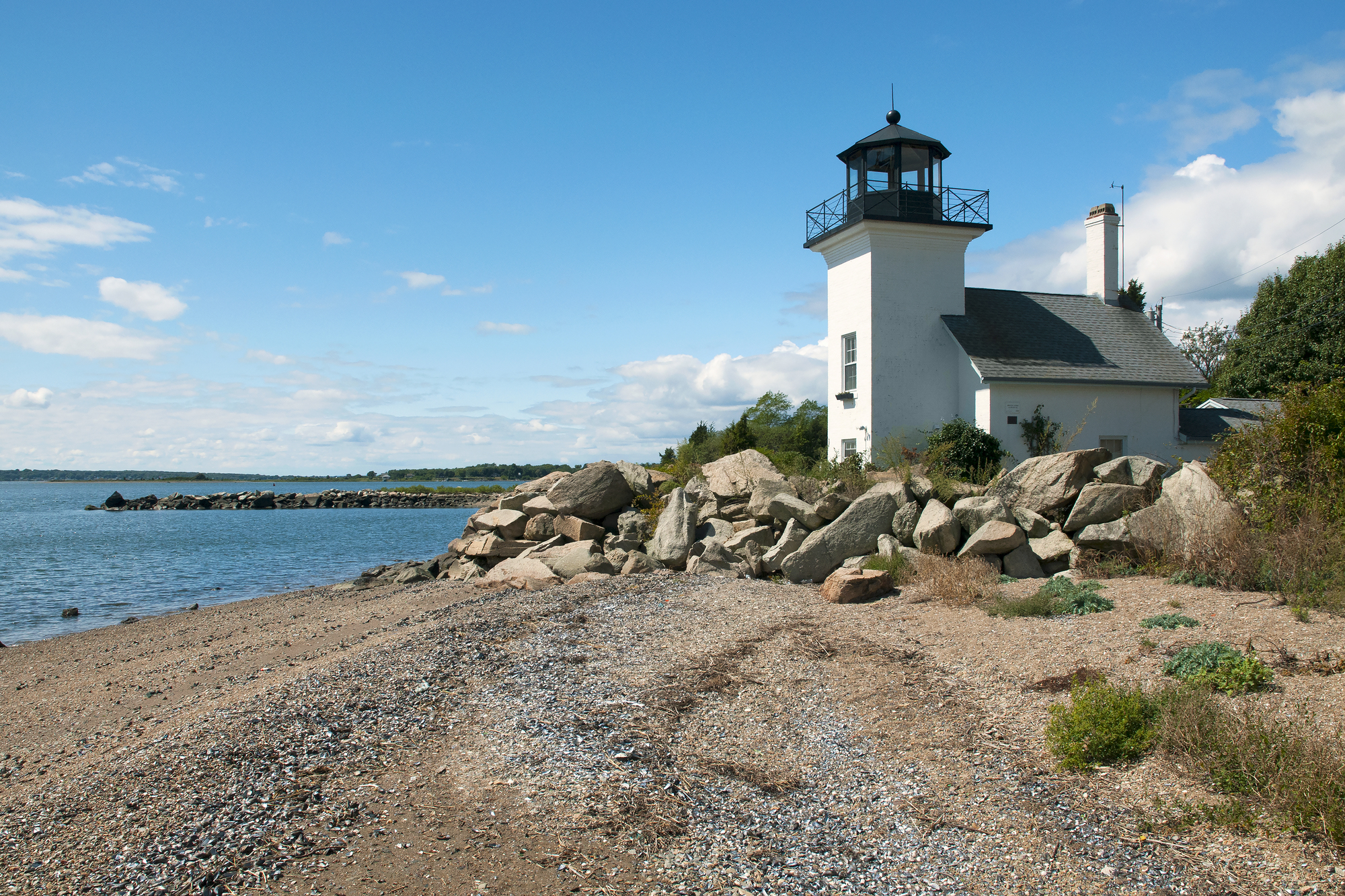
Bristol, Rhode Island, unanimously passed a formula business ordinance that bars formula businesses larger than 2,500 square feet or that take up more than 65 feet of street frontage from locating in Bristol’s historic downtown. Known as ‘America’s Most Patriotic Town,’ Bristol worked with citizens to craft the ordinance after a Dunkin’ Donuts franchisee announced plans to open downtown.
The policy helps preserve the town’s historic waterfront character.
Folly Beach, South Carolina
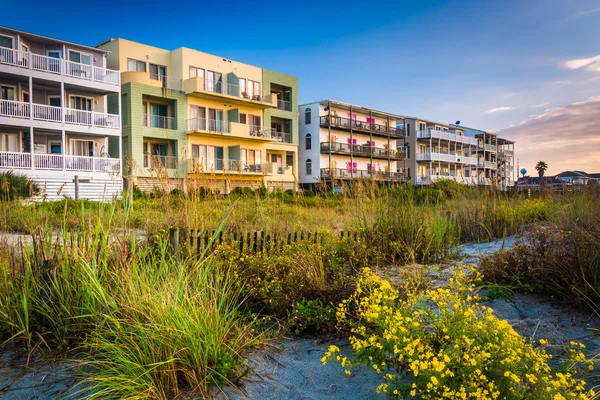
Folly Beach has proposed an ordinance that would prohibit any business with 10 or more locations with identical names, branding, and products from opening on Folly Island. This quirky Charleston-area beach town wants to protect its funky, laid-back character from corporate chains.
Local officials are determined to ensure that Folly Beach maintains its eclectic mix of locally-owned bars, restaurants, and shops.
Like Travel Pug’s content? Follow us on MSN.
Sullivan’s Island, South Carolina
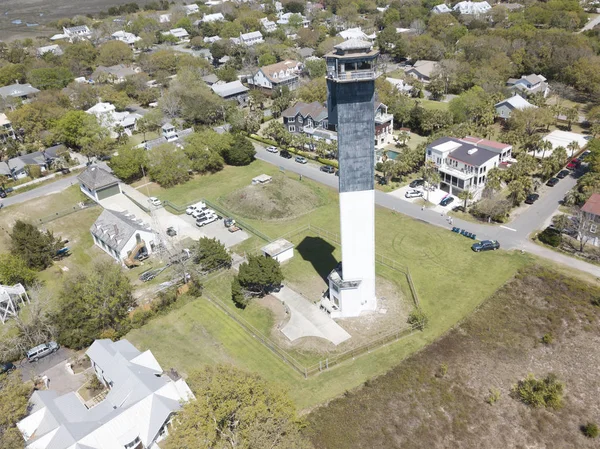
Sullivan’s Island has a regulation that limits formula businesses to four locations for restaurants and doesn’t allow franchises, such as McDonald’s. This exclusive island in the Charleston area has implemented strict controls to maintain its upscale, residential character.
The island features ‘no hotels or major chains,’ making it a haven for independently owned establishments.
Anna Maria, Florida

Anna Maria adopted a permanent formula retail ban to preserve the city’s ‘old Florida’ feel, defining formula retail as businesses with three or more locations that share similar color schemes, trademarks, and merchandise. This barrier island community near Bradenton has fought hard to maintain its vintage Florida charm against the pressure of chain development.
Bradenton Beach, Florida
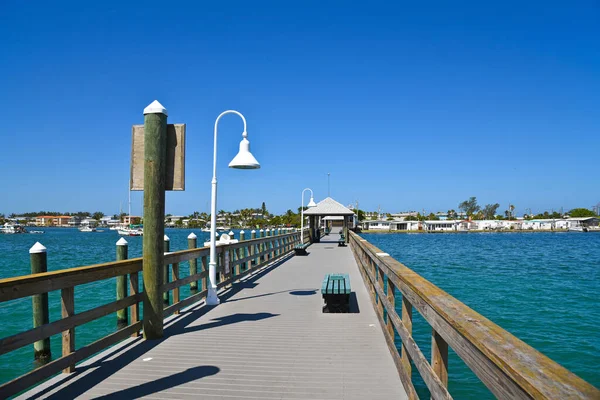
The Bradenton Beach comprehensive plan prohibits ‘multi-unit business using a common brand name, i.e., franchise or chain-type stores.’ This small beach town on Anna Maria Island has written chain-of-custody restrictions directly into its comprehensive planning documents, showing a serious commitment to maintaining local character.
Like Travel Pug’s content? Follow us on MSN.
Holmes Beach, Florida
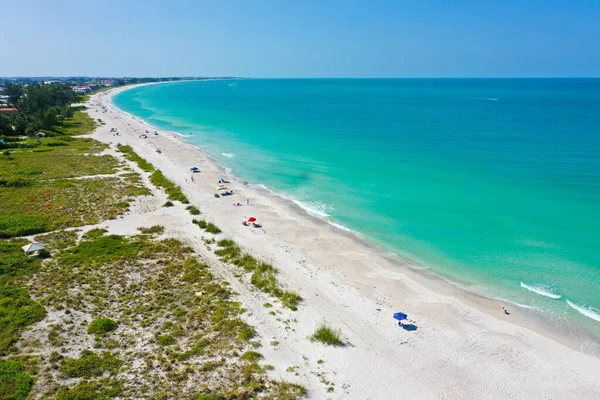
Holmes Beach adopted a temporary moratorium on formula businesses and is working to enact a legally defensible permanent ordinance. This Anna Maria Island community is actively working to prevent chains from establishing a foothold.
However, they’re being careful to craft legally sound regulations after seeing other towns face court challenges.
Mendocino, California

This dramatic clifftop village along California’s rugged north coast has maintained its Victorian-era character partly by discouraging chain establishments. The town’s remote location and strong community identity have naturally limited corporate intrusion, while zoning policies favor local businesses that complement the area’s arts-focused economy.
Sausalito, California

Just across the Golden Gate Bridge from San Francisco, Sausalito has managed to maintain its Mediterranean-style charm through careful planning that favors local establishments. The waterfront dining scene consists almost entirely of independently owned restaurants that capitalize on the town’s spectacular bay views and upscale clientele.
Like Travel Pug’s content? Follow us on MSN.
Half Moon Bay, California

This pumpkin-growing coastal community, located south of San Francisco, has resisted chain restaurant development through a combination of zoning restrictions and a community preference for local establishments. The town’s agricultural heritage and small-town character are reflected in its locally owned restaurants and farm-to-table dining scene.
Kennebunkport, Maine

While it does not have a formal ban on chain restaurants, this presidential vacation spot has maintained its New England charm through zoning policies and community standards that strongly favor local establishments. The town’s upscale character and historic downtown area are dominated by family-owned restaurants and inns.
Bar Harbor, Maine

As the gateway to Acadia National Park, Bar Harbor has managed to keep most chain restaurants out through a combination of zoning restrictions and community pressure. The town’s focus on serving park visitors and maintaining its Maine character has resulted in a dining scene dominated by local seafood houses and family-owned establishments.
Like Travel Pug’s content? Follow us on MSN.
Cannon Beach, Oregon

This iconic Oregon coast town, famous for Haystack Rock, has maintained its artistic character partly by limiting chain development. Local zoning policies and community standards favor galleries, local restaurants, and shops that reflect the town’s creative spirit and stunning natural setting.
Carmel Valley, California
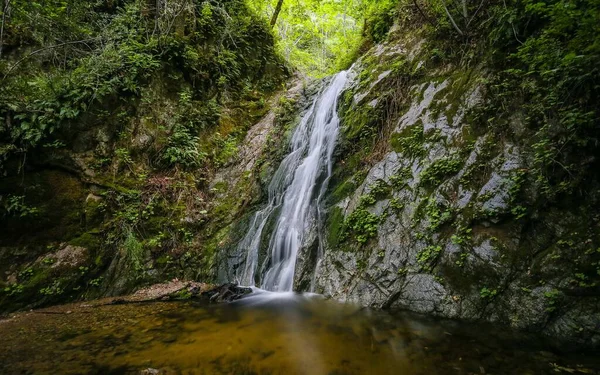
Connected to but distinct from Carmel-by-the-Sea, this inland valley community has maintained its rural, wine-country character through policies that favor local businesses. The area’s focus on agriculture and wine production has naturally limited the development of chain restaurants.
Capitola, California

This colorful beach town near Santa Cruz has preserved its bohemian character through zoning policies and community standards that favor local establishments. The town’s artistic heritage and unique architecture are complemented by locally-owned restaurants and cafes that reflect its creative spirit.
Like Travel Pug’s content? Follow us on MSN.
Preserving Flavor in an Age of Franchises
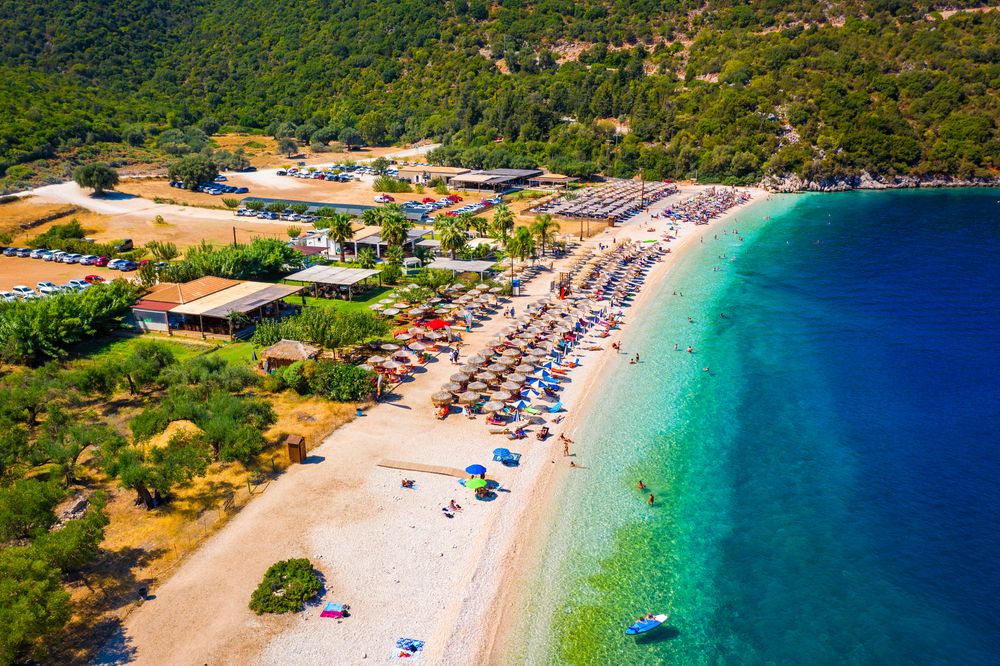
These beach towns represent more than just dining preferences—they’re communities that have chosen character over convenience. While travelers might initially miss the familiar comfort of chain restaurants, most discover that local establishments offer something far more valuable: authentic flavors that tell the story of their place.
From Maine lobster shacks to California farm-to-table cafés, these towns prove that the best meals often come from the most unexpected places. Their commitment to local businesses ensures that future generations will experience genuine coastal culture, not just another strip of identical storefronts by the sea.
More from Travel Pug

- 20 Best Beach Towns in the Carolinas
- 13 Destinations Where Tourists Regularly Regret Their Trip
- 20 Things You Actually Get in First Class
- 20 Small Airports With Aviation Museums
- 20 Places in the U.S. That Are Perfect for a Reset Trip
Like Travel Pug’s content? Follow us on MSN.
